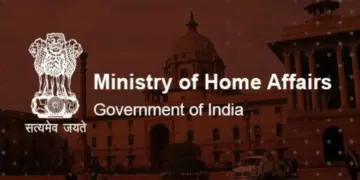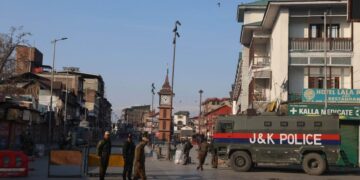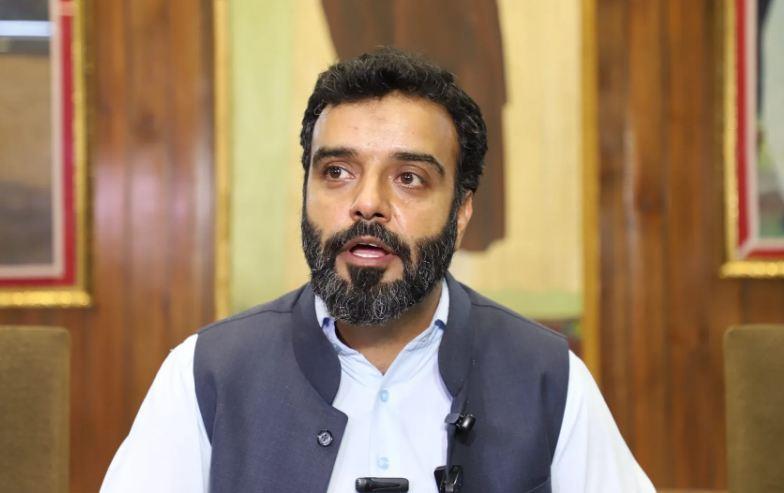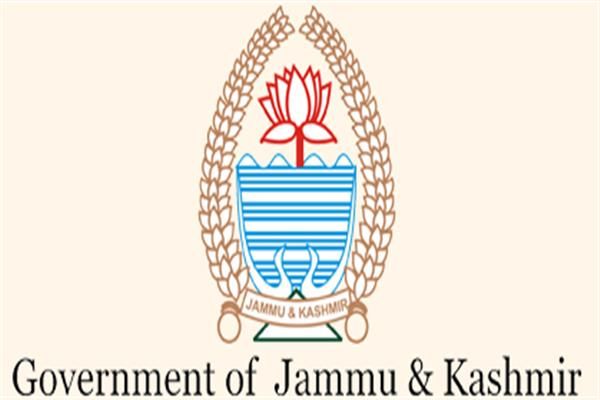Beijing: Chinese Foreign Minister Wang Yi has said that during his recent visit to India, he “keenly felt” that both sides had agreed to adhere to the leaders’ consensus that the two countries are not a threat to each other and handle and manage their differences.
During his unannounced visit to New Delhi on March 25, Wang, the first high level Chinese official to visit India after the April 2020 Ladakh standoff, held talks with National Security Advisor Ajit Doval and External Affairs Minister S Jaishankar.
Summing up the outcome his talks in New Delhi to the Chinese official media, Wang said, “he has most keenly felt that both sides agreed to adhere to the important consensus of the two countries are not threats to each other but opportunities for each other’s development reached by the two heads of state, properly solve practical problems of common concern, handle and manage differences over the years, and promote the steady and sustainable development of bilateral ties”.
Wang noted that India-China are partners rather than rivals, and should help each other succeed instead of undercutting each other, state-run Xinhua news agency reported on Monday.
He reiterated Beijing’s oft-repeated stand that “as mature and rational neighbours, China and India should place the border issue in an appropriate position in bilateral relations, and should not let it define or even hinder the overall development of bilateral relations.”
In his talks, Jaishankar pressed hard to complete the disengagement process in the remaining friction points in eastern Ladakh quickly and told his Chinese counterpart that bilateral ties cannot return to normal if the situation in the border areas is “abnormal”.
In his nearly three-hour “candid” talks with Wang, Jaishankar conveyed that the frictions and tensions triggered by China’s military deployments in the region since April 2020 cannot be reconciled with a normal relationship between two neighbours.
At a media briefing after the talks, Jaishankar said if both sides are committed to improving ties then this commitment must find “full expression” in the ongoing disengagement talks and that relationship is best served by observing the three mutuals — mutual respect, mutual sensitivity and mutual interests.
Describing the current situation as “not normal” and a “work in progress”, he also said relations between India and China have been “disturbed” as a result of the Chinese actions in April 2020.
Wang also visited Pakistan, Afghanistan and Nepal during his South Asia tour from March 21-27.
During his visit to Islamabad, he met Pakistan Prime Minister Imran Khan, Army chief Gen Qamar Javed Bajwa and Foreign Minister Shah Mahmood Qureshi.
He said in his talks in Islamabad he has reached an “important new consensus” with the Pakistani government and military leaders on deepening strategic cooperation between the two countries under the current international and regional circumstances.
China and Pakistan will carry forward their all-weather friendship, and their traditional friendship is unbreakable and rock solid, Wang said, adding the two countries also agreed to deepen all-round cooperation.
Summing up his impressions about the South Asia tour, Wang said the visit came at a time when the spillover effect of the Ukraine crisis has been constantly spreading and world peace and development are facing new challenges.
He said during his interactions with leaders and officials he “deeply felt the strong desire of South Asian countries to maintain the hard-won peace and tranquility in the region and accelerate post-pandemic economic recovery as well as their hope to strengthen strategic communication and deepen mutually beneficial cooperation with China”.
Significantly, his visits to South Asian countries including India were not announced by the Chinese Foreign Ministry.
“Observers said the unannounced nature of the trip was highly unusual and motivated in part by Beijing’s fears of diplomatic isolation,” a recent report in the Hong Kong-based South China Morning Post said.








